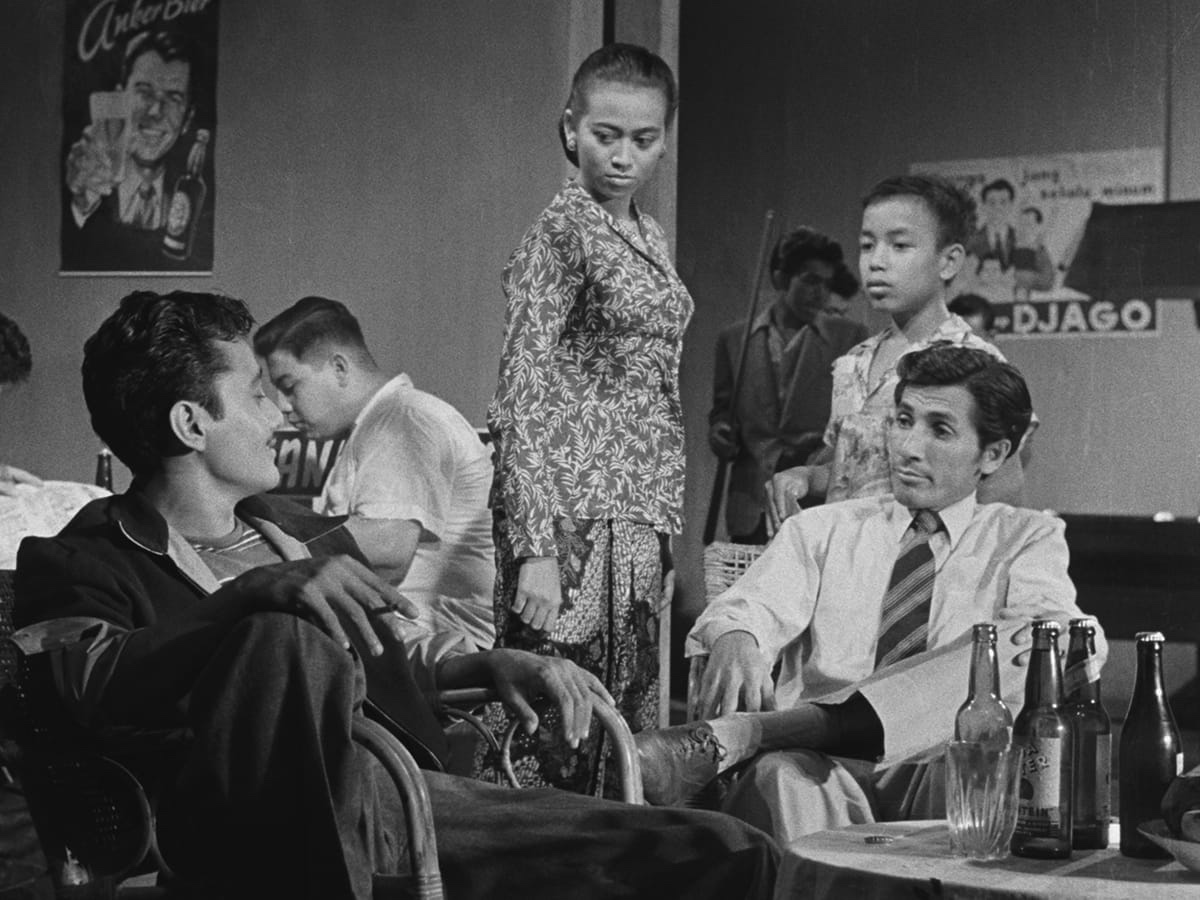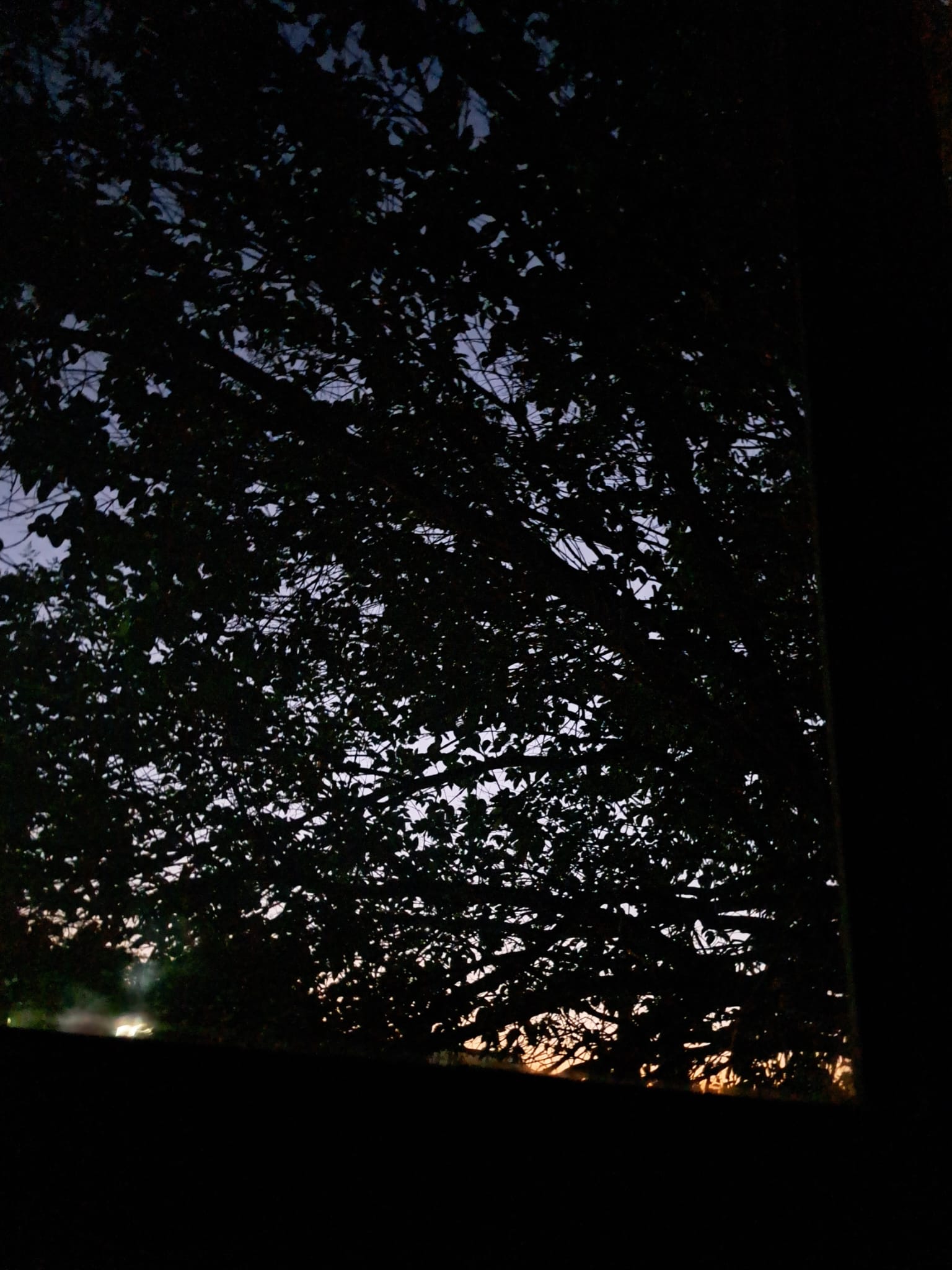[Search Blog Here. Index-tags are found on the bottom of the left column.]
[Central Entry Directory]
[Deleuze Entry Directory]
[James Williams, Deleuze's Philosophy of Time, Entry Directory]
[The following is summary]
Gilles Deleuze's Philosophy of Time: A Critical Introduction and Guide
Chapter 1: Introduction
Part 2: The Do's and Dont's of Time Travel
What does Deleuzian Time Travel Got to Do With You?
Time travel is moving either backwards through the past or forwards into the future. For Deleuze, present processes in a way move backwards and forwards in time. "The past and the future are not simply realms we might be able to visit, they are processes fully implicated in our present ones." (8c)
Deleuze's time travel is not the science fiction sort that in a way is self-contradictory, like when going back in time and removing the conditions which allow for that same backwards trip. In fact, Deleuze's sort of time travel does not require any such machine or procedure, because all present temporality is already time traveling: "Any actual present is altering the past and the future, not in a causal | or statistical manner but instantaneously and for all the past and all the future." (8-9)
Past, present, and future are not independent dimensions; rather, they are somehow dimensions of each other insofar as each is a process operating on series of events. (9b) Yet there is not one law that governs the workings of all the processes. (9-10)
We see these relations in Deleuze's three time syntheses. The first synthesis generates a 'living present' of sorts, and past and future are dimensions of this present. "This means that a process in the present, often described by Deleuze as the 'living present', determines processes in the past and in the future such that the present process changes the past and the future by synthesising them in a novel manner;" (10b) "in the first synthesis, past events and future possibilities become fully actual, fully present." (10c) Living presents of different creatures interlock while maintaining their perspectival singularities. (10-11bc) Thus in the living present we 'time travel' not only through our own past and futures, but we travel into the living presents of other creatures intersubjectively/intertemporally. (11c)
The past as understood in the second synthesis is difficult to grasp. It is a pure past that we cannot represent, and it operates on the present so to make the present pass. (12a) Deleuze derives this notion of the past from Bergson. (12c) The present lies at a limit of all pure differences, and this is what makes it pass. (13b.c) The present moment is so singular and unique that when we try to represent it, we fail to capture all the singular particulars of the event. (13d) Hence we see that there are different processes at work depending on whether the present is a dimension of the past or the past a dimension of the present. (14b)
In the third synthesis, the future has its own processes and the past and present are dimensions of it. (14d) The different processes involve the future being a novel event. (14d) That novelty is what explains the emergence of the novel singularities that appear in the present and pass into the past. (14-15) Thus in a way, all events are cuts or 'caesura' in the series of happenings. (15b.c) "Everything changes with every new event." (15c) However, still before and after come together, because "each novel event assembles all other events in a novel manner." (15d) In this way the novel event time travels through all the rest, and forms a series. (15d) There is an eternal return in the sense there are always new differences arriving in the present on the basis of things moving into the past, because as present events pass, they leave traces of pure novel differences. (16b)
Williams, James. Gilles Deleuze's Philosophy of Time: A Critical Introduction and Guide. Edinburgh: Edinburgh University Press, 2011.




.jpeg)




































No comments:
Post a Comment